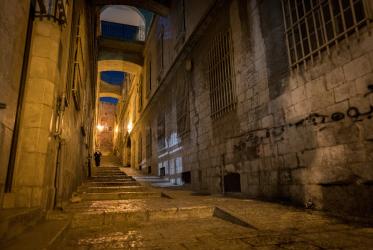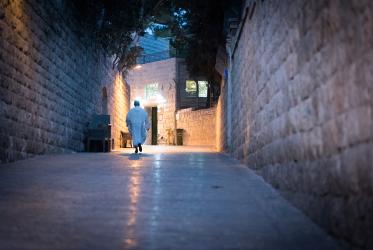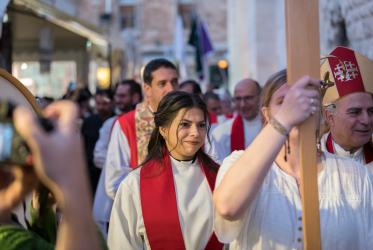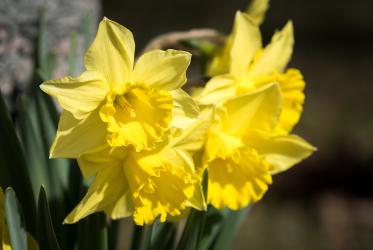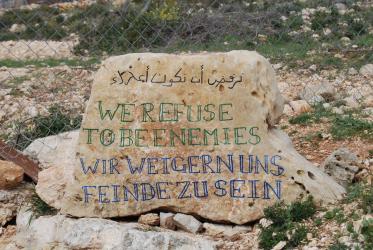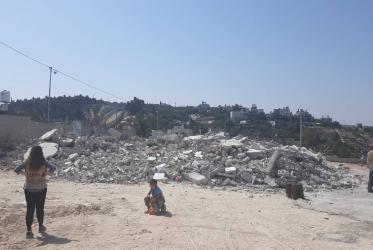Displaying 1 - 20 of 27
Hope for Palestine
11 April 2023
"Holy Week in the Holy Land: an intersection in time"
06 April 2023
Easter Initiative Bible Study: Family is Sacred
14 March 2022
Easter Initiative Bible Study: Worship Is Sacred
14 March 2022
Easter Initiative Bible Study: Home Is Sacred
14 March 2022
Jericho - Walking in the Footsteps of Jesus
30 March 2021
